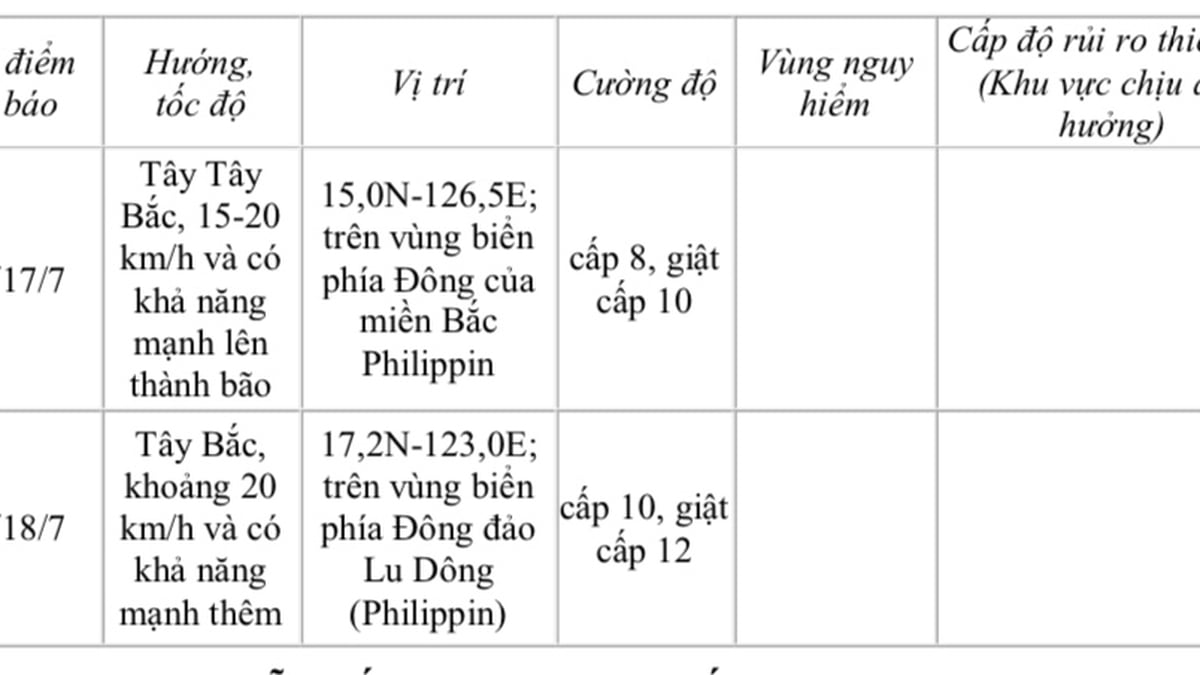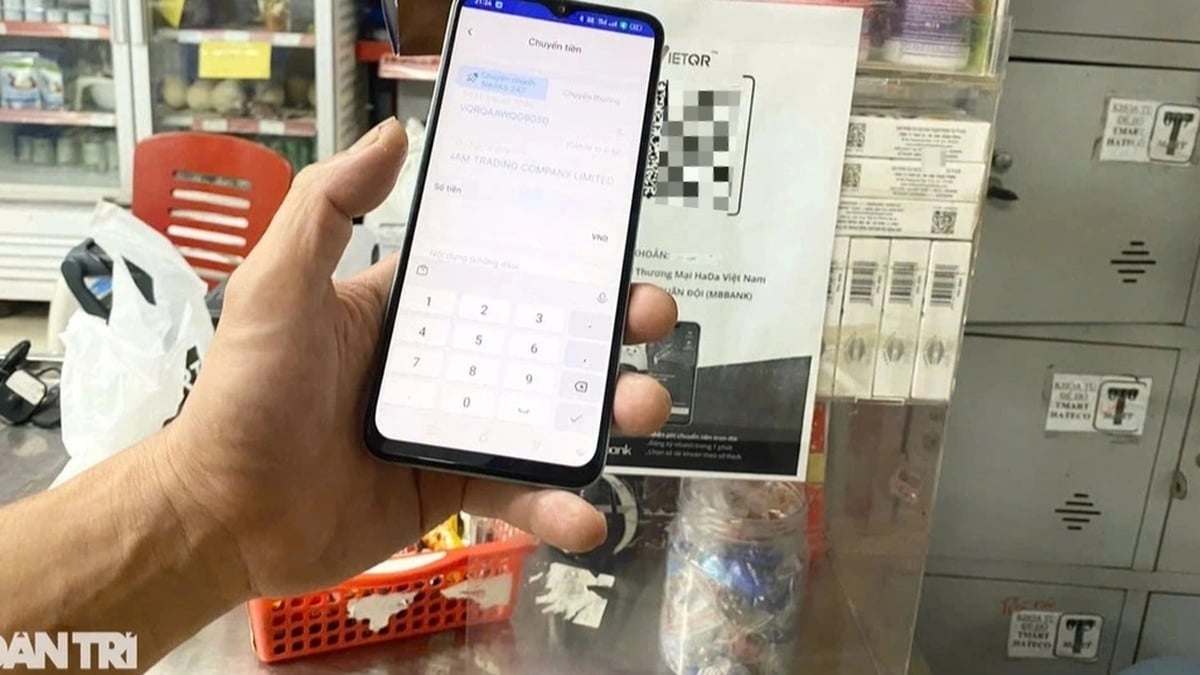Customer credit debt from bank V. is bought back by bank A. at the request of the customer in the business world, also known as "debt transfer".
“Debt transfer” requires the agreement of 3 parties: the customer’s request, the bank that receives the new debt for the customer, and the bank where the customer has a credit debt. Debt transfer has been allowed by the State Bank for nearly a year now. In Binh Thuan , “debt transfer” occurs quite a lot between customers and banks. However, many customers are quite upset when they are “tied down” by the penalty clause from the lending bank when paying off the debt early, so they cannot “transfer debt”...

According to the State Bank of Vietnam, Binh Thuan Branch, by September 30, 2024, the total mobilized capital in the province reached VND 59,020 billion, an increase of 1.8% compared to the end of 2023. The total outstanding debt reached VND 91,364 billion, an increase of 4% compared to the end of 2023, of which the outstanding loan balance for small and medium enterprises (SMEs) reached VND 17,599.5 billion, accounting for 19.4% of the total outstanding debt, showing that the number of enterprises in the province borrowed quite a lot of capital to invest in production and business. In fact, many enterprises in the province are still "stuck" with bad debt due to the impact of the Covid-19 pandemic, so it is difficult to borrow more capital. On the other hand, when the policy allows "debt transfer", the number of enterprises with sufficient economic strength and no bad debt in need of loans are allowed to choose the loan package and choose the bank, so the banks' invitation to customers is even more "fierce". For example, many banks are competing to lower lending rates, many new loan packages for businesses and individuals with preferential interest rates are being implemented simultaneously, creating opportunities for businesses and individuals to "transfer debt".
With old debt, many businesses have to "bear" interest rates from 7 - 12%/year, while in early 2024, a series of banks such as Agribank and BIDV offered loan packages with preferential interest rates from 4 - 6%, so many businesses without bad debt are looking for ways to "transfer debt" to reduce the burden of interest rates. At the same time, they are able to borrow more capital because they have proven a feasible debt repayment plan when overcoming the most difficult period of the Covid-19 pandemic. On the bank's side, these customers are also very much needed because of two issues: peace of mind when investing in customers with economic strength, and capital invested for the right purpose and effectively. On the other hand, there are not as many "clean" customers in the province as before, so most of the time when these customers have borrowed capital from a bank, that bank will try its best to keep them. So there is a "tug of war" between banks when one side the customer wants to leave, the other side the bank wants to keep the customer and the customer bank wants to have the customer.
According to the reporter's observation, the "tug of war" between the three parties bank - customer - bank rarely happens between banks with State elements but is happening between joint stock commercial banks and between joint stock commercial banks and banks with State elements. However, the debt trading between banks - customers - banks is sometimes quite favorable, but sometimes customers are forced into a situation of "cannot leave or stay". For example, enterprise H. in Ham Thuan Bac previously borrowed 5 billion VND from bank B. with an interest rate of 9%/year, when knowing that bank L. had a lower interest rate, it contacted bank L. to propose "debt transfer". The documents were available, so bank L. only needed to re-evaluate company H.'s assets and after 5 days, successfully completed the debt trading procedure. So, both bank L benefits from having new customers, and company H. benefits from having the same loan but with a lower interest rate than before borrowing from bank B. In another direction, a customer "complained" when asking to "transfer debt" and was stuck with a large contract penalty, so he was "in a dilemma". Mr. T. in La Gi town is borrowing more than 7 billion VND from bank O. Through discussion, bank V. agreed to buy the debt and lend more because Mr. T.'s mortgaged property was less than 50% of the assessed value. However, when Mr. T. worked with bank O. to propose "transferring debt", bank O. imposed a fine of more than 200 million VND for early repayment. The penalty made Mr. T. confused, because going to bank V., the interest rate reduction would only be equivalent to the fine after several months. If he stayed, he would have to pay an interest rate higher than the average loan level. Mr. T confided: "It's really frustrating, but I didn't think about it when I signed the contract. Now I'm stuck, not knowing whether to accept the interest rate or withdraw to another bank..."
The policy of debt trading between banks and customers is to facilitate businesses and individuals to have the right to choose banks with low interest rates to borrow. At the same time, it creates opportunities for businesses to reduce pressure on bank interest rates and increase reinvestment sources after the Covid-19 pandemic. However, the limitation is the excessively high penalty of some joint-stock commercial banks (with private elements) when customers repay their debts early. This limitation has "tied" customers, making it impossible for businesses and households to seize the opportunity to save costs and increase production and business...
Source: https://baobinhthuan.com.vn/so-tay-phong-vien-2-mat-trong-chuyen-no-tin-dung-125425.html




















































![[Maritime News] More than 80% of global container shipping capacity is in the hands of MSC and major shipping alliances](https://vphoto.vietnam.vn/thumb/402x226/vietnam/resource/IMAGE/2025/7/16/6b4d586c984b4cbf8c5680352b9eaeb0)












































Comment (0)